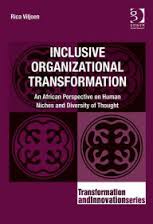Innovation = Regenerating Knowledge | The Transformation & Innovation Book Series
Inclusive Organisational Transformation: An African Perspective on Human Niches & Diversity of Thought
 Globalisation, consumerism, legislation and human rights issues impact on workplace demographics, changing the very nature thereof. It is of strategic importance to ensure that the benefits of diverse viewpoints and stakeholders are leveraged. However the underlying worldviews of economists, business leaders and consultants are often informed from a Western paradigm and solutions proposed and interventions facilitated are not integrated, integral, systemic or congruent with the containing environment or ecology.
Globalisation, consumerism, legislation and human rights issues impact on workplace demographics, changing the very nature thereof. It is of strategic importance to ensure that the benefits of diverse viewpoints and stakeholders are leveraged. However the underlying worldviews of economists, business leaders and consultants are often informed from a Western paradigm and solutions proposed and interventions facilitated are not integrated, integral, systemic or congruent with the containing environment or ecology.
In Inclusive Organisational Transformation, Dr Rica Viljoen acknowledges that diversity of thought presents both gifts and challenges to leadership in multi-national organisations. The existential question with which an individual is confronted impacts on his or her worldview.
By continuously applying a specific worldview, certain gifts manifest. These are called Human Niches. Here, Inclusivity is positioned as a radical transformational methodology with the purpose of unleashing the benefits of engagement and diversity of thought. The process of Inclusivity enables organisations to optimise the gifts of and contributions from a diverse workforce and unleash tacit knowledge. Case studies from Ghana, South Africa, and one where the same strategy had to be implemented in Australia, Peru and Tanzania are included and insights gained from the dynamics observed are shared.
A synthesis of Inclusivity is presented in a model, meta-insights are derived and the prerequisites for Inclusivity on individual, group and organisational domain are illustrated.
“This book embodies all the elements of managing in a complex world and emphasises the need for a systemic appreciation of all the elements within the containing system. Key to Viljoen’s findings is a deep appreciation of the social system which is so often overlooked by leaders. If one accepts that the complexities which she has highlighted are not unique and are applicable to any sector anywhere in the world, and that the real challenge is how best to accommodate disparate views of people who through technological and other advances are becoming more empowered, then her model should become universal. As such one needs to ask the question as to whether the African Leadership Model which, in its own right, appears to provide an elegant way to manage highly complex situations, just might be that unique model which has been uppermost in the minds of leadership scholars around the world? Will the notion that it is now Africa’s turn see the rest of the world discarding the linear Western style of management in favour of Rica’s model?“
Roy Marcus, Chairman, The Da Vinci Institute for Technology Management, South Africa
“This book is an expression of Rica’s life and work and it exemplifies the breadth and depth of her insight. It lucidly reflects her ability to integrate diverse theories, models and perspectives in order to create profound individual and organisational transformation.“
Henry Chamberlain, Industrial and Organisational Psychologist, Hong Kong
“The book is a true reflection of the authentic and purposeful journey experienced by the author. Viljoen relates in the book to people in organizations at all levels through true understanding and exceptional knowledge. No one can be untouched by her ability to connect through passionately living her dreams and sharing it with all.“
René de Beer, Organisational Development Consultant, Metamor Consulting, South Africa
